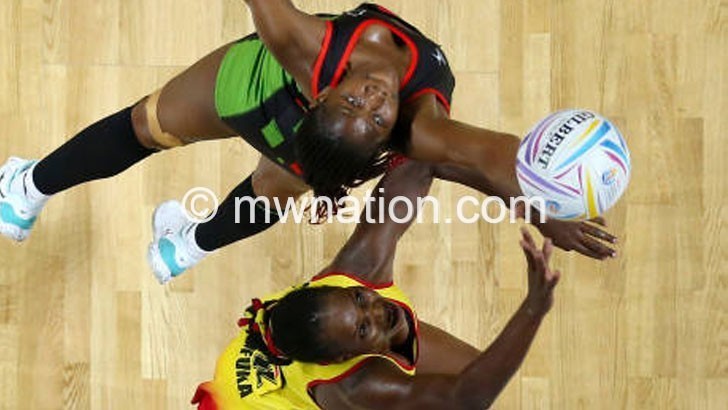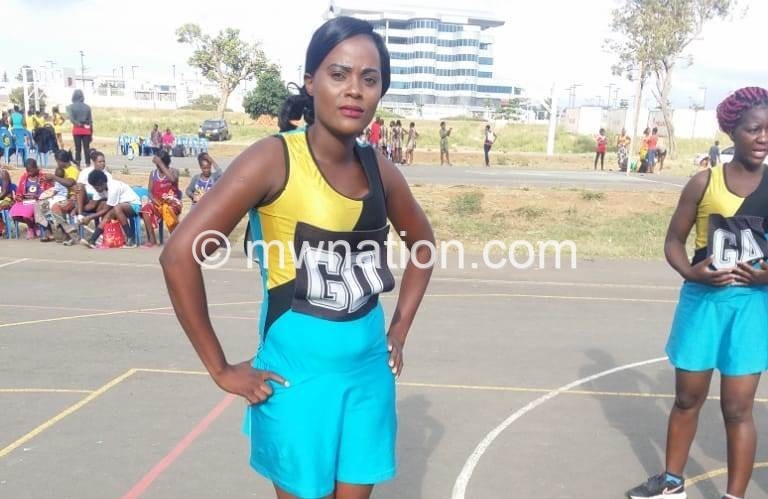Second season blues hit Malawi strikers
 There seem to be an outbreak of a TNM Super League disease that could be termed as ‘second season blues’ among today’s strikers.
There seem to be an outbreak of a TNM Super League disease that could be termed as ‘second season blues’ among today’s strikers.
Once the forwards win the Golden Boot Award, they get afflicted by the disease and fail to replicate their form in the next season. Until they fade forever.
It all started when little-known Illovo United striker Rodrick Douglas scored 18 goals to emerge the top scorer in the 2005 season. Then Aggrey Kanyenda claimed the accolade with similar number of goals in 2006, then 16 in 2007.
In the 2008 season, Chiukepo Msowoya earned it with 17 goals while in the following season then Big Bullets rookie striker Diverson Mlozi got it with just 14 goals.
In 2010, Chikondi Mpulula and Luka Milanzi shared the accolade on 17 before new face Ishmael Thindwa added one more to seize the award last year.
At the time of writing, Thindwa had managed only six while yet another new face, Vincent Chinthenga, lead the way on just 12. The second season blues have hit Thindwa.
Douglas, who was the top scorer despite Illovo’s relegation, disappeared from the football scene in the following two years.
Msowoya left for foreign football after the award whereas Mlozi and Mpulula have never been the same again.
Yet a few years after the turn of the century, it was routine for a striker to score even 20.
In 2001/2002 season, Heston Munthali, playing for the now defunct MDC United, scored 24 before an in-form Bakili Bullets’ Ganizani Malunga won the Golden Boot Award on 28 goals.
Compared to now, such statistics seem a mere dream.
What went wrong for the domestic strikers to develop cold feet in front of goal?
Are they mere not-good-enough one-season wonders? Are defences becoming tighter? Is the production chain of eagle-eyed strikers crumbling?
Few buy the argument that defenders are becoming solid.
Many fault the limited ambition of modern forwards. Others apportion some blame on shortage of creative players.
A modern day striker has to do all by themselves, claimed last week the now veteran Bullets forward Munthali.
“At my peak, we used to compete for goals. The standards were high and with the help of coaches such as Dan Dzinkambani, Gerald Phiri and the late Isaac Mhura, we used to have extra training to perfect scoring,” said the Bullets man.
It also seems, the problem is that of modern strikers becoming big-headed allowing to be distracted by fame and fortune that comes with money and national team call-ups. Mlozi recently admitted he was his worst enemy.
“You just feel you are on top of the world and stop working hard. I should have worked even harder after winning the golden boot,” said Mlozi who has this season crawled his way back, managing seven in the league as of last week.
The current return is not bad for Mlozi who misses most Bullets games due to studies he is pursuing at Natural Resources College. What about the other strikers?
It is all about the attitude of a modern forward, according to Sherry Msuku, former Hardware Stars striker who converted to a midfielder at Telecom Wanderers before playing for Escom United.
“It all begins in training. It seems there is little attention on strikers. If a striker cannot score during training then they cannot do so during games. In our time, the likes of Bob Mpinganjira could never leave the training field unless they scored at least five,” Msuku argued.
This suggests the blame is on the attitude of the modern day strikers who allow one-off success to get into their heads.
The danger is that if the strikers are timid, then they cannot be expected to perform in the national team. When Msowoya scored in the 3-2 beating of Eritrea last month, it ended a year’s drought of a Flames striker.
But, according to Munthali, the responsibility of ensuring better strikers has to be shared. Even national team coaches must take interest in club training and identify the weaknesses of forwards.
“I remember Kim Splidsboel used to occasionally call strikers and goalkeepers at Kamuzu Stadium where we would be instructed to make, say 20 attempts on target and we would compete,” he recalled.
And with the league dragging to the finish line with each of the 15 Super League teams having an average of eight games, it is unlikely that even the 18-goal mark will be surpassed.
And the big chunk of the blame is on the attitude of the modern day strikers.





